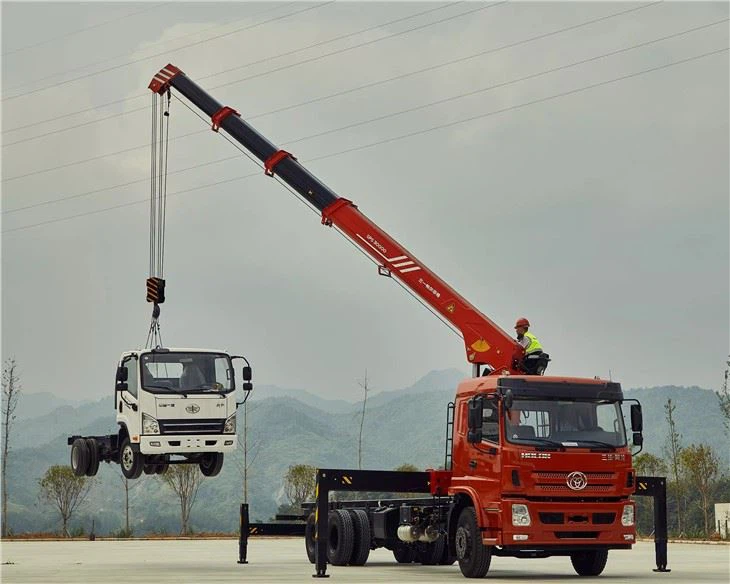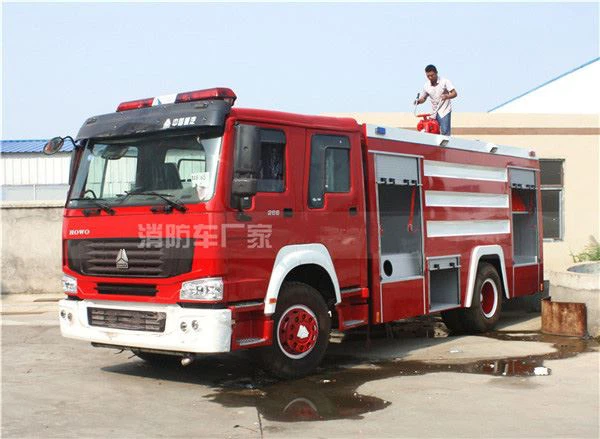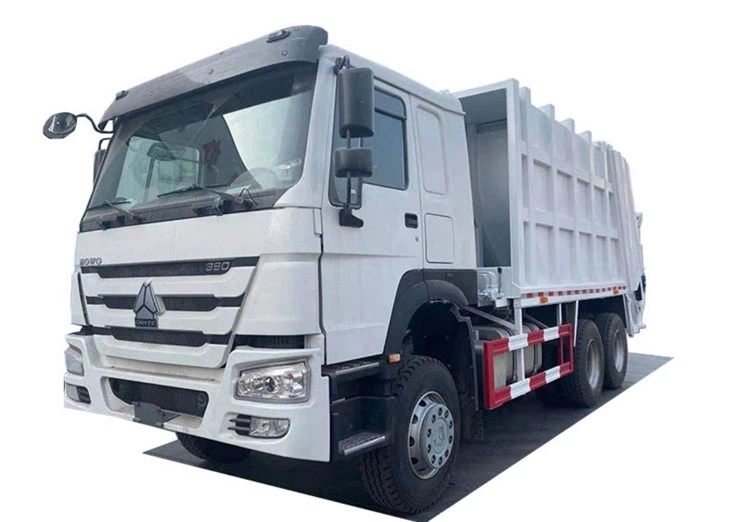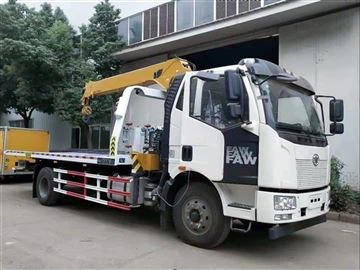Introduction
One ton pickup trucks have become a staple in the automotive industry, catering to those who require robustness, power, and multifunctionality in their vehicular needs. These trucks are designed to transport heavier loads, making them a favorite for both work and personal use. In this comprehensive guide, we will delve into the various aspects of one ton pickup trucks, from their specifications to their uses and benefits. Whether you’re a contractor needing reliable transportation for materials or just searching for a sturdy vehicle for personal use, you’re in the right place.
1. What is a One Ton Pickup Truck?
A one ton pickup truck is a class of vehicles rated for a load capacity of 2,000 pounds (approximately one ton). These trucks are known for their strong build, capable engines, and comfortable interiors, making them suitable for various applications.
1.1 Key Features of One Ton Pickup Trucks
- Payload Capacity: Typically between 1,500 to 2,500 pounds.
- Towing Capacity: Can tow between 10,000 to 30,000 pounds depending on the model.
- Engine Options: Usually equipped with V8 engines or turbo-diesel alternatives.
- Drive Configuration: Available in both 2WD and 4WD options.
2. Popular Models of One Ton Pickup Trucks
Several automotive manufacturers produce one ton pickup trucks, with each model offering unique features and benefits. Here’s a rundown of the most popular models.
2.1 Ford F-350 Super Duty
The Ford F-350 is known for its durability, advanced technology, and powerful towing capabilities. With various trim levels and engine choices, it can cater to diverse needs.
2.2 Chevrolet Silverado 3500HD
This model features an impressive cargo and towing capacity, along with a comfortable interior and innovative technology options, making it a favorite among truck enthusiasts.
2.3 Ram 3500
The Ram 3500 stands out with its luxurious interior, strong performance, and advanced safety features. It’s designed for those who seek comfort alongside heavy-duty functionality.
2.4 GMC Sierra 3500HD
GMC’s Sierra combines functionality with sophistication, offering a range of high-tech features and a smooth ride while still boasting impressive towing capabilities.
3. Advantages of One Ton Pickup Trucks
Investing in a one ton pickup truck comes with numerous advantages. Here are some of the most notable benefits:
3.1 Enhanced Towing and Hauling Capacity
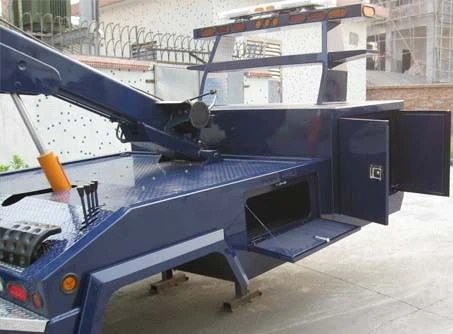
One ton pickups provide significant towing and hauling capabilities, making them ideal for transporting trailers, boats, or heavy equipment.
3.2 Flexibility for Various Uses
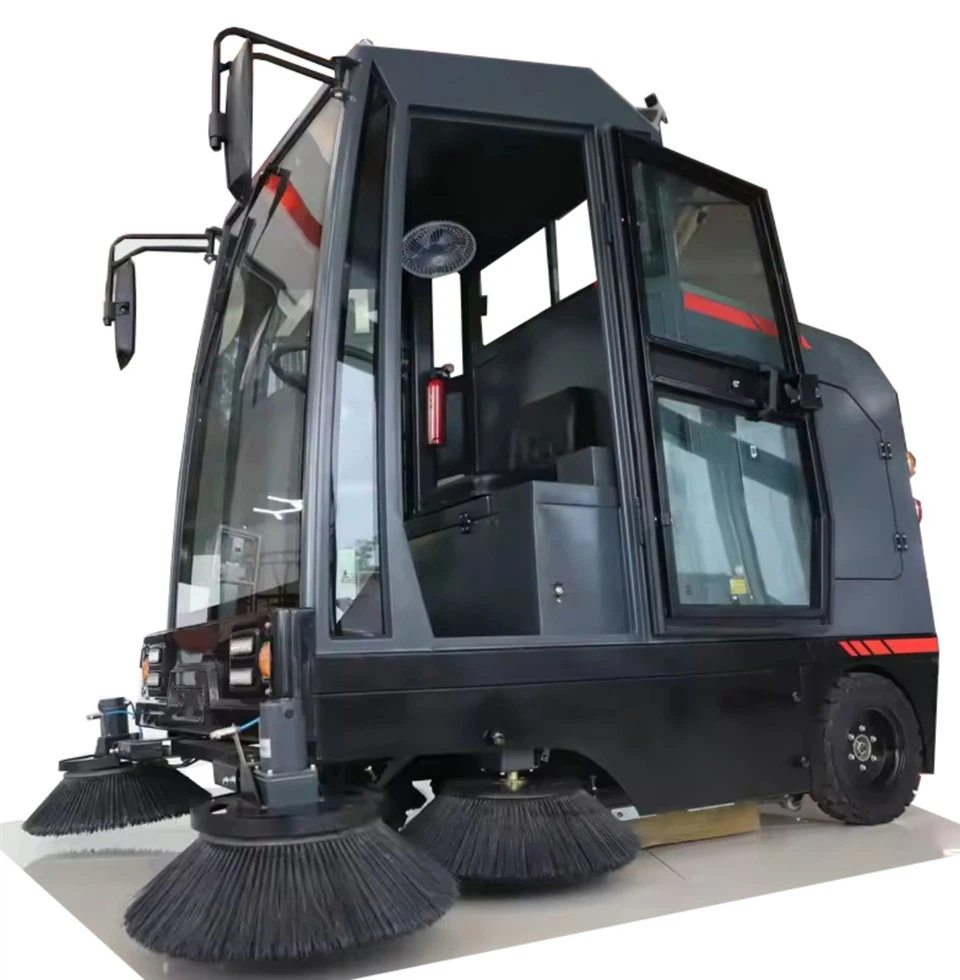
These trucks can be used for personal needs, such as off-roading or camping, as well as for business purposes like construction or delivery services.
3.3 Comfort and Technology
Modern one ton pickups come equipped with advanced technology and comfortable interiors, providing an enjoyable driving experience for both short and long distances.
3.3.1 Infotainment Systems
Many models come with state-of-the-art infotainment systems that include navigation, Bluetooth connectivity, and smartphone integration.
3.3.2 Safety Features
Advanced safety features, such as blind-spot monitoring and lane departure warnings, are becoming standard in newer models.
4. One Ton Pickup Truck Specifications
Understanding the technical specifications is crucial when considering the right one ton pickup truck for your needs.
4.1 Engine Options
| Model | Engine Type | Horsepower | Torque |
|---|---|---|---|
| Ford F-350 Super Duty | 5.0L V8 | 430 HP | 475 lb-ft |
| Chevrolet Silverado 3500HD | 6.6L V8 Duramax Diesel | 445 HP | 910 lb-ft |
| Ram 3500 | 6.7L I6 Cummins Diesel | 370 HP | 850 lb-ft |
| GMC Sierra 3500HD | 6.6L V8 | 401 HP | 464 lb-ft |
4.2 Dimensions and Capacities
| Model | Length | Width | Height | Bed Size |
|---|---|---|---|---|
| Ford F-350 Super Duty | 230.2 in | 79.9 in | 75.6 in | 8 ft |
| Chevrolet Silverado 3500HD | 239.5 in | 81.2 in | 78.0 in | 6.75 ft |
| Ram 3500 | 237.5 in | 79.5 in | 78.5 in | 8 ft |
| GMC Sierra 3500HD | 250.0 in | 81.0 in | 75.5 in | 5.75 ft |
5. Driving Considerations for One Ton Pickup Trucks
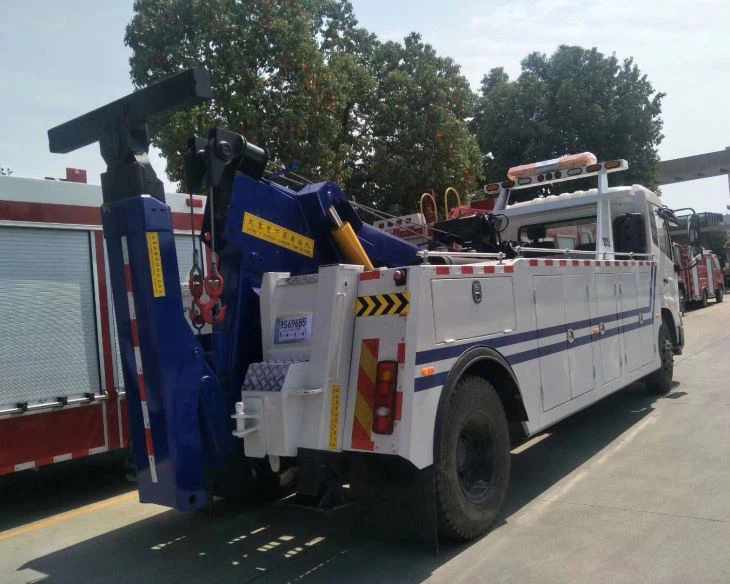
Driving a one ton pickup truck differs from smaller vehicles. Understanding how to operate these trucks can enhance your driving experience and improve safety.
5.1 Handling and Stability
Due to their larger size and weight, it’s important to be aware of the handling characteristics of one ton pickups. They often require a different driving technique, especially when turning or maneuvering in tight spaces.
5.2 Fuel Efficiency
While one ton pickups are powerful, they may not be as fuel-efficient as smaller vehicles. Consider fuel consumption when planning trips or making a budget for new trucks.
5.3 Maintenance Considerations
Routine maintenance is crucial for keeping a one ton pickup running smoothly. Regular oil changes, brake inspections, and tire rotations can extend the life of your truck.
6. Practical Examples of One Ton Pickup Truck Uses
One ton pickup trucks excel in a myriad of contexts. Here are some practical examples of how they can be utilized effectively.
6.1 Construction Work
Construction companies often rely on one ton pickups to haul materials, tools, and equipment to job sites. Their strong towing capacity allows them to tow trailers loaded with construction resources.
6.2 Recreational Use
Many outdoor enthusiasts use one ton pickups to transport boats, campers, or ATVs to their favorite recreational spots, demonstrating the vehicle’s versatility.
6.3 Agriculture
Farmers utilize one ton pickups for transporting livestock, feed, and equipment across expansive properties, showcasing the vehicle’s ruggedness.
6.4 Delivery and Logistics
Businesses engaged in delivery services benefit from the spacious beds of one ton pickups, allowing for efficient transport of goods.
7. Tips for Buying a One Ton Pickup Truck
If you’re considering purchasing a one ton pickup, here are some practical tips to ensure you make the best choice:
7.1 Assess Your Needs
Determine exactly what you’ll be using the truck for; this will influence the model and features you should prioritize.
7.2 Test Drive Multiple Models
Don’t hesitate to test drive various models to get a feel for their performance, handling, and comfort.
7.3 Evaluate Total Cost of Ownership
Consider not just the purchase price, but also insurance, maintenance, and fuel costs as part of your budget.
7.4 Check Resale Value
Research the resale values of different brands and models to understand what you can expect in the future.
8. Frequently Asked Questions (FAQ)
8.1 What are the most popular one ton pickup truck brands?
Some of the top brands include Ford, Chevrolet, Ram, and GMC, each offering a range of models tailored to different needs.
8.2 What is the best one ton pickup truck for towing?
The Chevrolet Silverado 3500HD often ranks highly for towing capacity due to its robust engine options and advanced towing technology.
8.3 Are one ton pickup trucks fuel-efficient?
One ton pickups are generally not known for high fuel efficiency; however, modern models have improved dramatically over the years.
8.4 How long do one ton pickup trucks typically last?
With proper maintenance, one ton pickup trucks can last well over 200,000 miles, depending on usage and care.
8.5 Can I use a one ton pickup for daily driving?
Yes, many people use one ton pickups for daily driving, taking advantage of their comfort and technology, but they may find parking and maneuvering challenging in urban settings.
8.6 What should I look for when buying used one ton pickups?
Key factors to consider include the truck’s maintenance history, mileage, condition of tires and brakes, and overall functionality. Additionally, it’s wise to check for any rust or damage to the truck’s frame.
